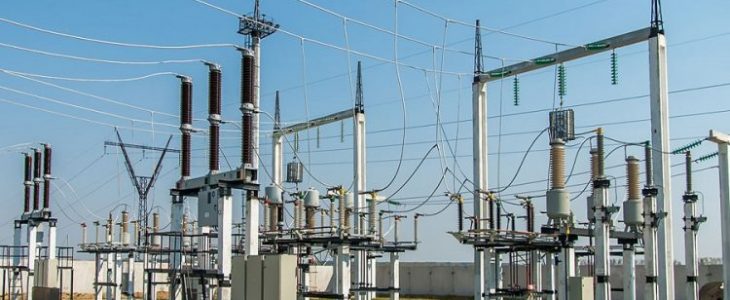
Nigeria’s electricity market was already comatose before the novel coronavirus, marked by rising debt, but the pandemic has hastened value erosion with power distribution companies (DisCos) reporting over 50 percent revenue loss as industries who pay the big tariffs are on lockdown.
With the increasing impact of rising foreign exchange on operating cost, anticipated gas shortage as the bulk of the commodity used in energy generation is associated gas which will fall as low oil prices drive down demand and production, the pandemic will leave the sector in worse shape.


“The issues have existed before COVID-19 and this pandemic has smashed any pretense that we can go on managing the way we did,” Ebipere Clark, special assistant to the Central Bank (CBN) governor on power, said on Wednesday at the PwC Nigeria’s power sector webinar themed “COVID 19 and the Power Sector: Macro-economics, consumer purchasing power and cost-reflective tariff”.
Funke Osibodu, CEO of Benin Electricity Distribution Company, said DisCos have seen supply disruption, rising cost due to exchange rate volatility and loss of revenue.

“Our costs have gone up but revenue has gone down, as our industrial and commercial customers have been hard hit leading to fall in demand,” Osibodu said.
Nigeria’s electricity market is grossly illiquid. The 11 DisCos recorded cumulative losses of N787 billion in their 2018 financials, a 10 percent increase from the previous year.
But the DisCos have managed to keep the lights on – however abysmally – because the Federal Government is picking the tabs, having been forced to pay over N2 trillion in the form of various interventions to assuage a lack of market price for electricity and inefficiency of operators.
This has led to a situation where the power sector is privately owned but nationally financed. With COVID-19 and its implications, this system is no longer sustainable.
“You cannot use financial engineering to solve an economic problem,” said Clark said.
The regulator has rejected counsel to raise tariff, enforce market rules and run an efficient market capable of attracting investment. Now, it is running out of options.
“With the fall of oil prices, the government has lost over 60 percent of its revenue, so it has no money to continue to fund interventions,” said Eyo Ekpo, director, New Frontiers Limited and a former commissioner, Nigerian Electricity Regulatory Commission (NERC).
The fall in crude oil prices and the subsequent supply cap on production by oil producers mean that less gas would be produced as Nigeria’s gas is associated, that is, produced why searching for oil.
“We probably need to start looking for gas storage,” said George Oluwande, managing partner at Abisol Consultants, at the webinar.
Gas producers who generate the critical feedstock required to produce over 75 percent of Nigeria’s electricity are being owed billions of naira by GenCos. GenCos in turn only get a quarter of their invoices settled by the Nigerian Bulk Electricity Trading Company.
DisCos collect only about 60 percent of the value of the electricity generated and sent to them. They sometimes keep more than a quarter of this amount and NBET worsens the situation, some operators say, by prioritising payment to the Transmission Company of Nigeria (TCN) and Market Operator (MO) who get sometimes the full value of their invoice.
Ekpo said it is time for the regulator to redesign the electricity market so that the energy sector can become an enabler for the economy. This can be done by recapitalising the DisCos to allow the involvement of GenCos, state governments and banks in the ownership of DisCos.
There is also need to fix governance at the public and private aspects of the power sector and the regulator needs to be proactive in fixing the market, Ekpo said.
Osibodu said that DisCos are trying to ramp collection through the application of more technology tools in their collection. But without fully metering customers, such efforts provide little relief. DisCos have only metered 60 percent of their customers six years after privatisation.
The absence of governance and functional electricity market has shut out access to private equity funds including the pension funds to the power sector.
A functional market allows operators to generate returns on their investments but Nigeria’s electricity market does not even guarantee recovery of invested funds.
Experts say the government should stop selling power as social service and the regulator must ensure that operators play by market rules and respect contracts.
Credit: Business Day
